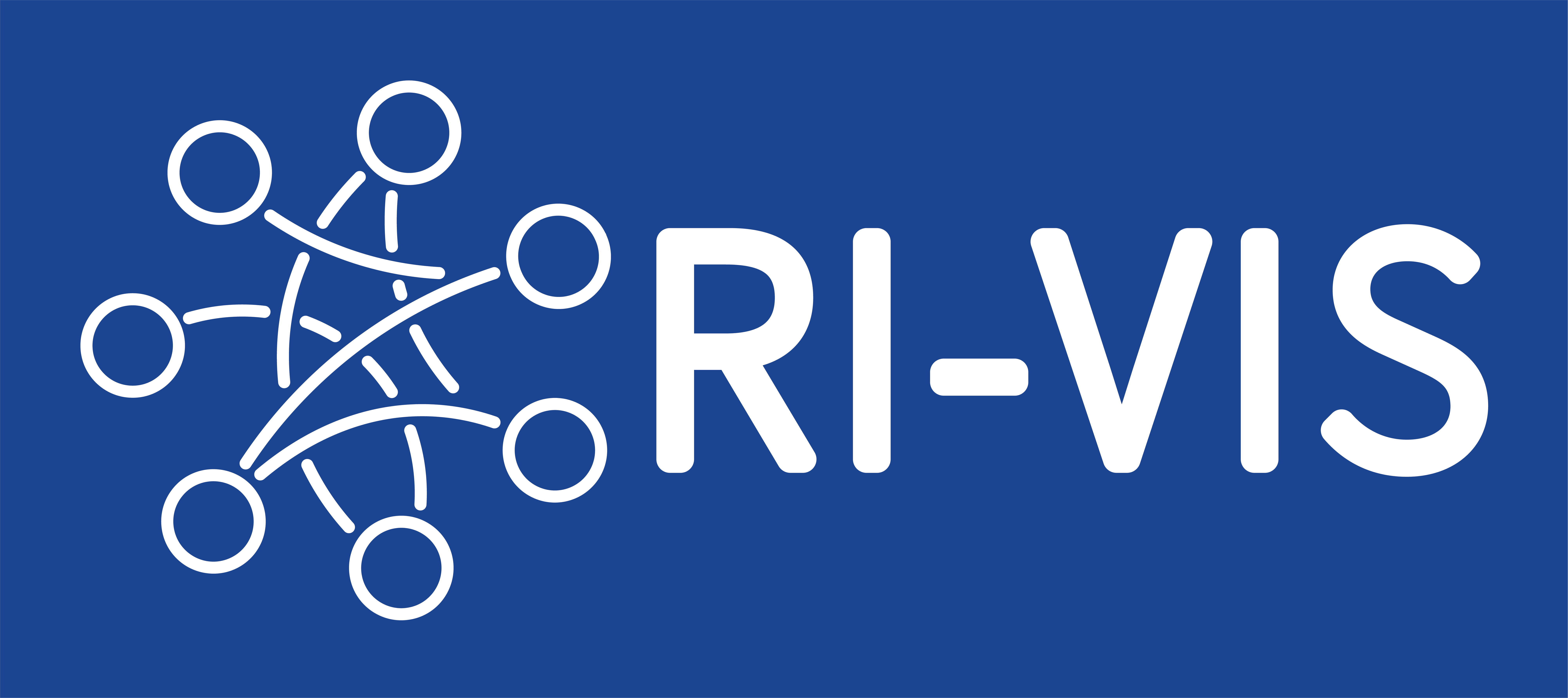
The Gordon Research Conference on Computational Aspects of Biomolecular NMR provides a unique forum to present newly emerging computational and experimental methods that will drive NMR applications to ever more complex and challenging biomolecular systems. Nuclear Magnetic Resonance (NMR) spectroscopy is one of the most powerful biophysical techniques for studying biomolecules. Progress in NMR to probe hitherto inaccessible aspects of biomolecular behavior has regularly resulted directly from advances in computational methodology that unravel more of the rich information content of NMR data and provide faster and more accurate analysis tools. This includes the computation of chemical shifts and scalar couplings by quantum-chemical methods, the heuristic analysis of experimental databases to derive correlations between NMR observables and biomolecular behavior, the design of new data acquisition and processing schemes, novel methods for accelerated and automated structure determination, computational approaches to interpret spin relaxation and dipolar couplings, computational approaches to integrate NMR data with complementary data (SAXS, ion mobility MS, X-ray crystallography) that enable the study of larger and more complex systems, and NMR data analysis in Systems Biology. Computation thus represents a major driving force enabling NMR to advance and continually enhance our ability to understand specific aspects of biomolecular function.
The conference will focus on the most recent developments in the field, with sessions and discussions devoted to some of the most exciting and topical aspects of biomolecular NMR, animated by world leaders in the respective sub-fields. While the conference is centered on computational aspects of biomolecular NMR, the applications are at the intersection between biology, chemistry, bioinformatics, and physics. The conference thus provides an ideal platform for an interdisciplinary exchange of ideas. The assembly of a prominent speaker list along with the small format of the conference will provide unique opportunities for graduate students and postdocs for discussions of their research with leaders in the field. Extensive poster sessions will be held to facilitate this process. Moreover, we have reserved a number of time slots for posters that will be upgraded to oral presentations with the idea to give young scientists an opportunity to present their work.